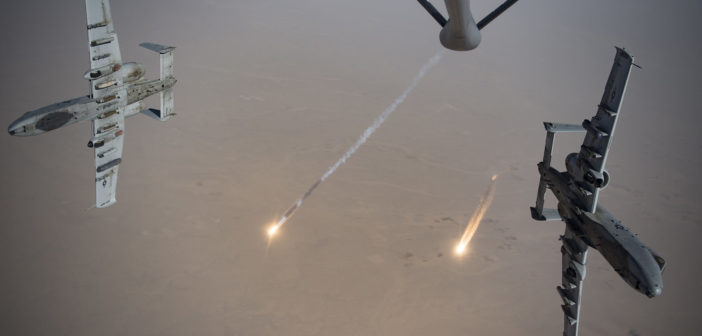By: Mariana Navarrete, Contributing writer
At the end of February, the United States launched overnight airstrikes to hit buildings on the Syrian side of the border, crossing with Iraq, targeting Iran-backed militias members.
The “retaliation” action, as press secretary of the Pentagon, John Kirby, names it, targeted infrastructure, mostly. NBC News highlights that the airstrike killed at least 22 people, but the number is unconfirmed by authorities.

Since President Joe Biden entered the White House, Iranian-backed militants across the Middle East struck an airport in Saudi Arabia with an exploding drone. They are accused of killing a critic in Lebanon and targeting American military personnel at an airport in northern Iraq, killing a Filipino contractor, and wounding six others.
According to CNN, Pentagon spokesman Kirby said the airstrikes were ordered at the United States president, Biden’s, direction and were authorized to respond to recent attacks against American and coalition forces.
“[…] the strikes destroyed multiple facilities located at a border control point used by a number of Iranian-backed militant groups […] President Biden will act to protect American coalition personnel. At the same time, we have acted in a deliberate manner that aims to de-escalate the overall situation in both Eastern Syria and Iraq,” Kirby said to CNN.
Iranian officials did not immediately react to the airstrikes the following days.
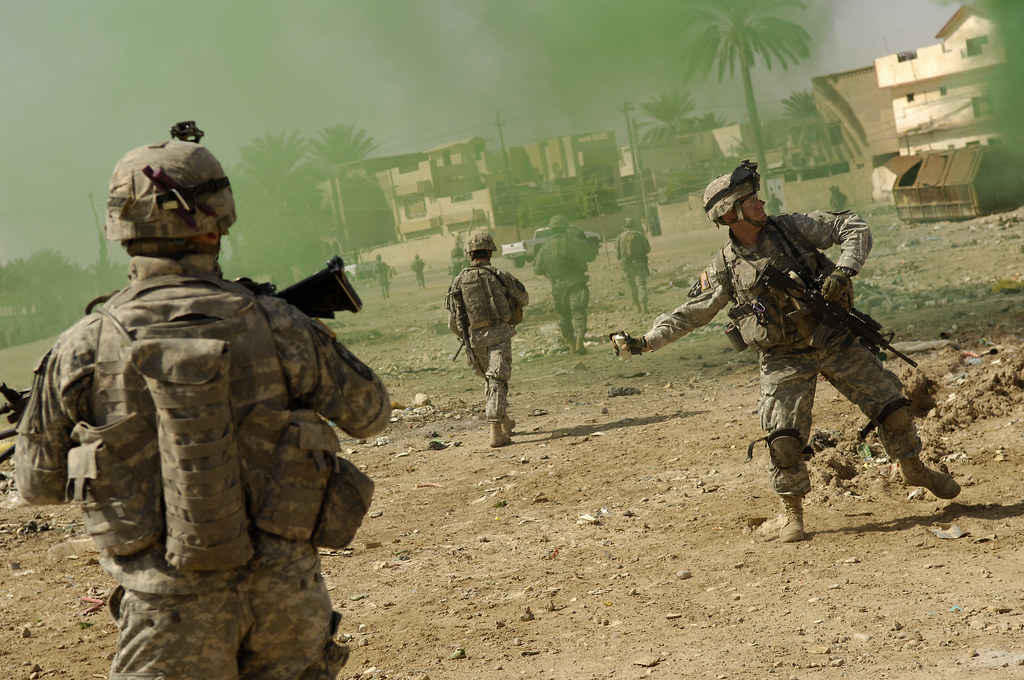
The White House said the day after the airstrikes were launched that their actions were backed by Article II of the Constitution and the U.N. charter.
The Pentagon defended that the strikes were legal, arguing Article II of the Constitution grants the president powers as commander in chief, and citing article 51 of the U.N. charter, providing countries the right to “self-defense” in response to an attack.
“It was very much a defensive operation,” Kirby commented to the press.
The Department of Defense said the strikes were a response to recent rocket attacks against Americans in Iraq, including one in which a civilian contractor working with American forces was killed and several U.S. service members were injured.
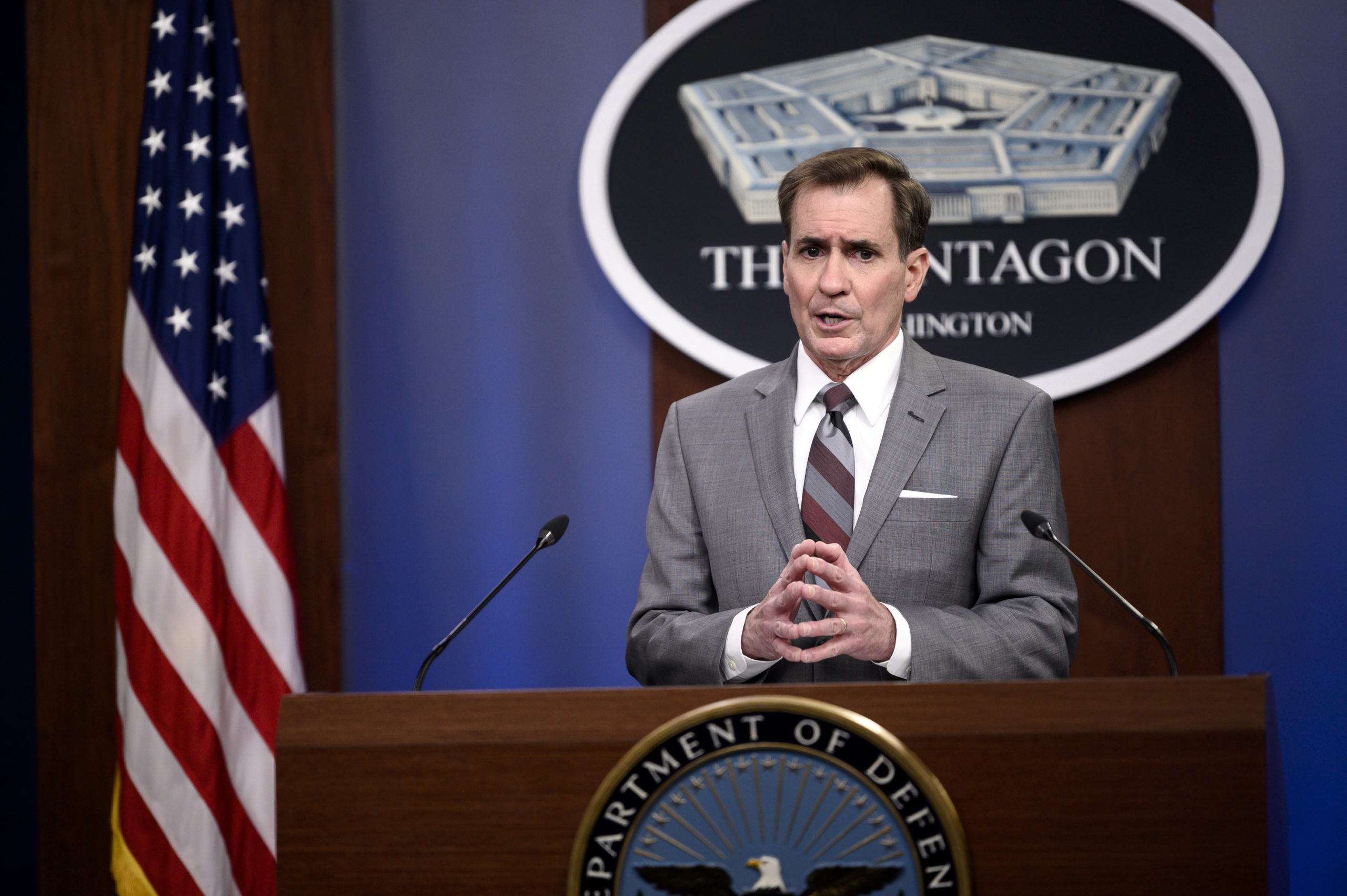
The New York Times reported that the U.S. military claimed the strikes were “a relatively small, carefully calibrated military response, consisting of seven 500 pound bombs dropped on a small cluster of buildings at an unofficial crossing at the Syria-Iraq border used to smuggle across weapons and fighters.”
The strikes were just over the Syrian border, thus avoiding U.S. conflict with the Iraqi government.
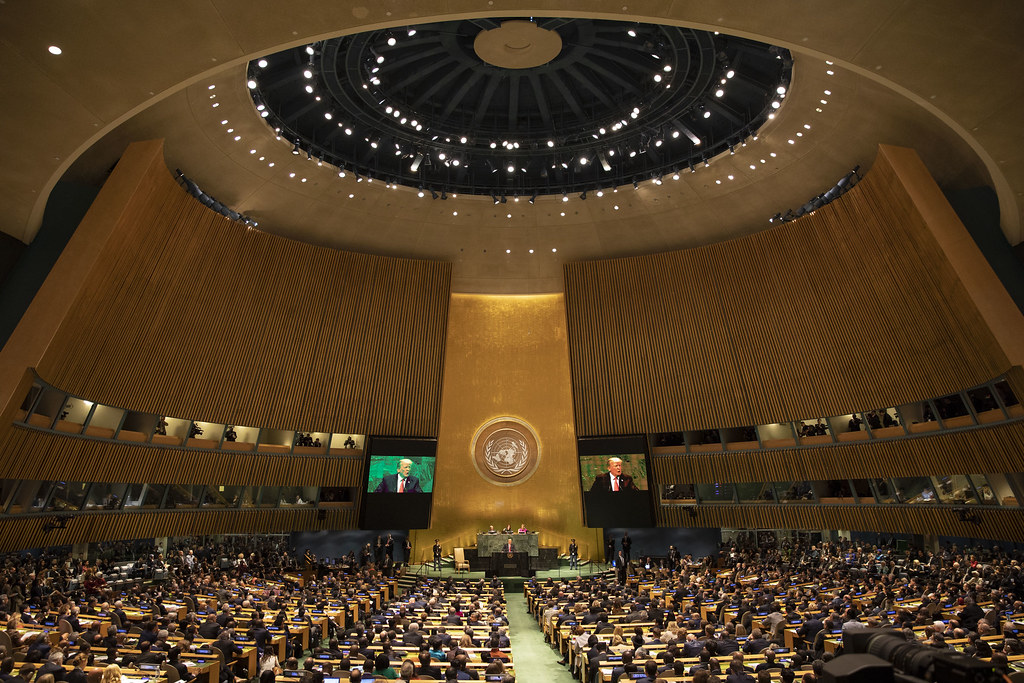
Almost a day after the airstrikes, Iran’s foreign ministry condemned the strikes and denied responsibility for rocket attacks on U.S. targets in Iraq that prompted the airstrikes.
The Iraqi government had struggled to rein in Iran-backed militias that had grown in influence since mobilizing to fight the Islamic State when it took over large parts of Iraq and Syria in 2014.
Iran’s Ministry spokesperson, Saeed Khatibzadeh, called the airstrikes a “continuation of constant Zionist regime raids on Syrian soil,” a reference to Israeli aerial attacks on Syria.
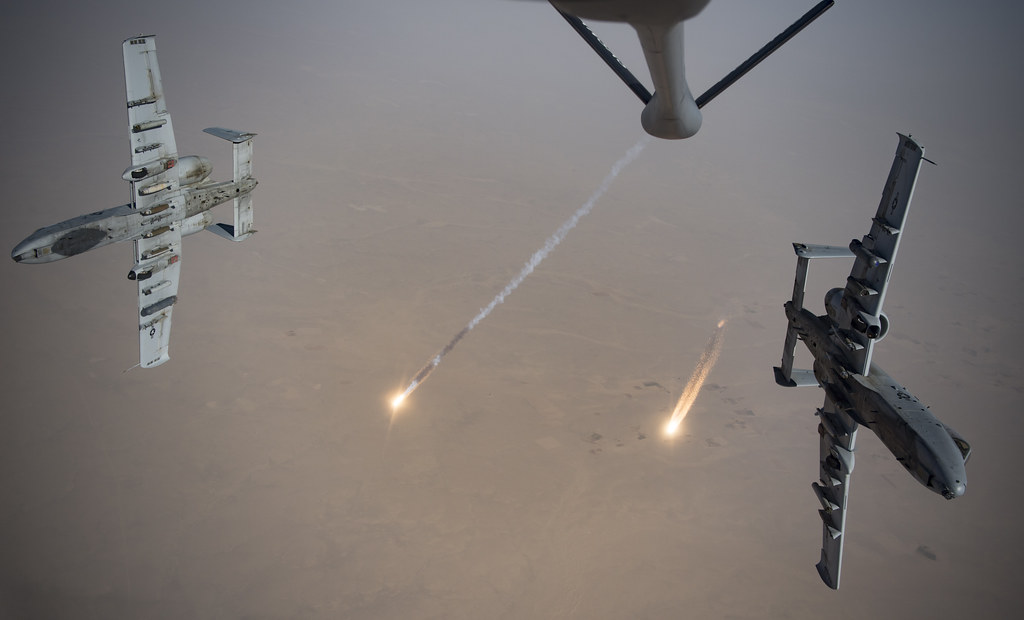
Khatibzadeh also said the United States troop presence in Syria was illegal and accused the country of training “terrorists.”
After the airstrikes, Iran’s top security official, Ali Shamkhani, met Hussein and said that those actions encouraged terrorism in the region.
Notre Dame Law faculty member, an expert on international law, professor Mary Ellen O’Collen claims the attacks are a grave violation of international law.
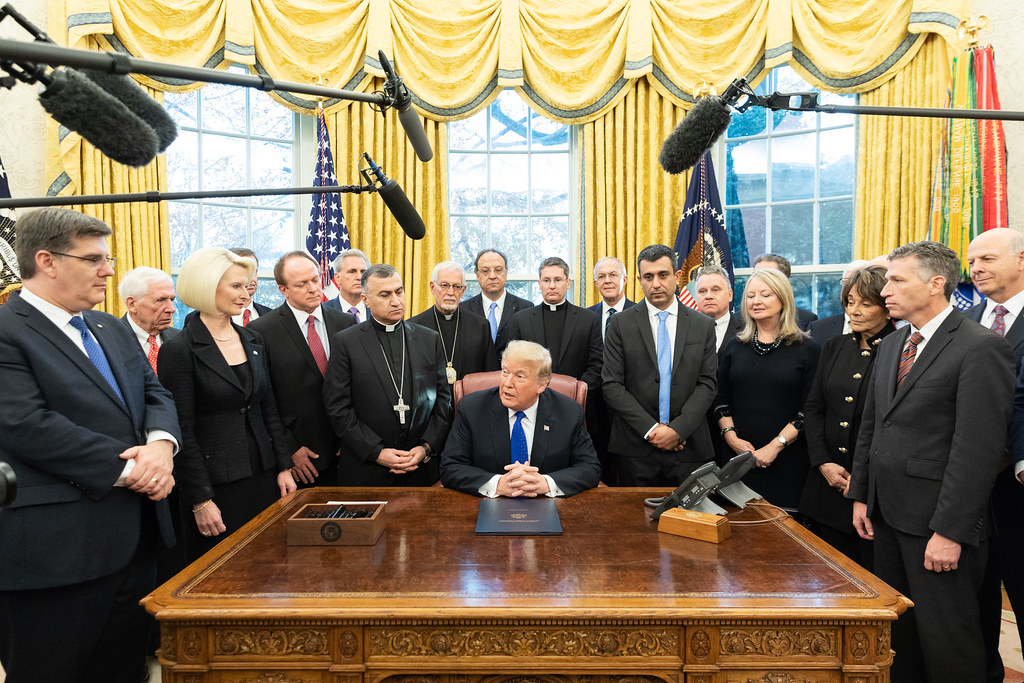
“The United Nations Charter makes absolutely clear that the use of military force on the territory of a foreign sovereign state is lawful only in response to an armed attack on the defending state for which the target state is responsible,” O’Connell said. “None of those elements is met in the Syria strike.”
These attacks on Feb. 25 left the world wondering when the ongoing Syrian Civil War will finally be over, as well as the escalating global conflict between Iran and Saudi Arabia since this conflict involves several countries on both sides engaging in proxy wars.
“This lawlessness will not lead to stability in the Middle East,” O’ Connell continued. “Quite the opposite. Even if Iran does not counter-attack, unlawful military action will not advance any appropriate policy. For the U.S. to achieve the stature it should enjoy globally. We must respect the rule of law. And the rule of law begins with the prohibition on the use of force.”
While the recent action may pass constitutional checks, the overall legality of the long-standing U.S. military presence in Syria is profoundly questionable; it almost certainly requires congressional authorization. Barack Obama, Donald Trump, and now Biden add up seven years of military operations since 2014 in Syria.

